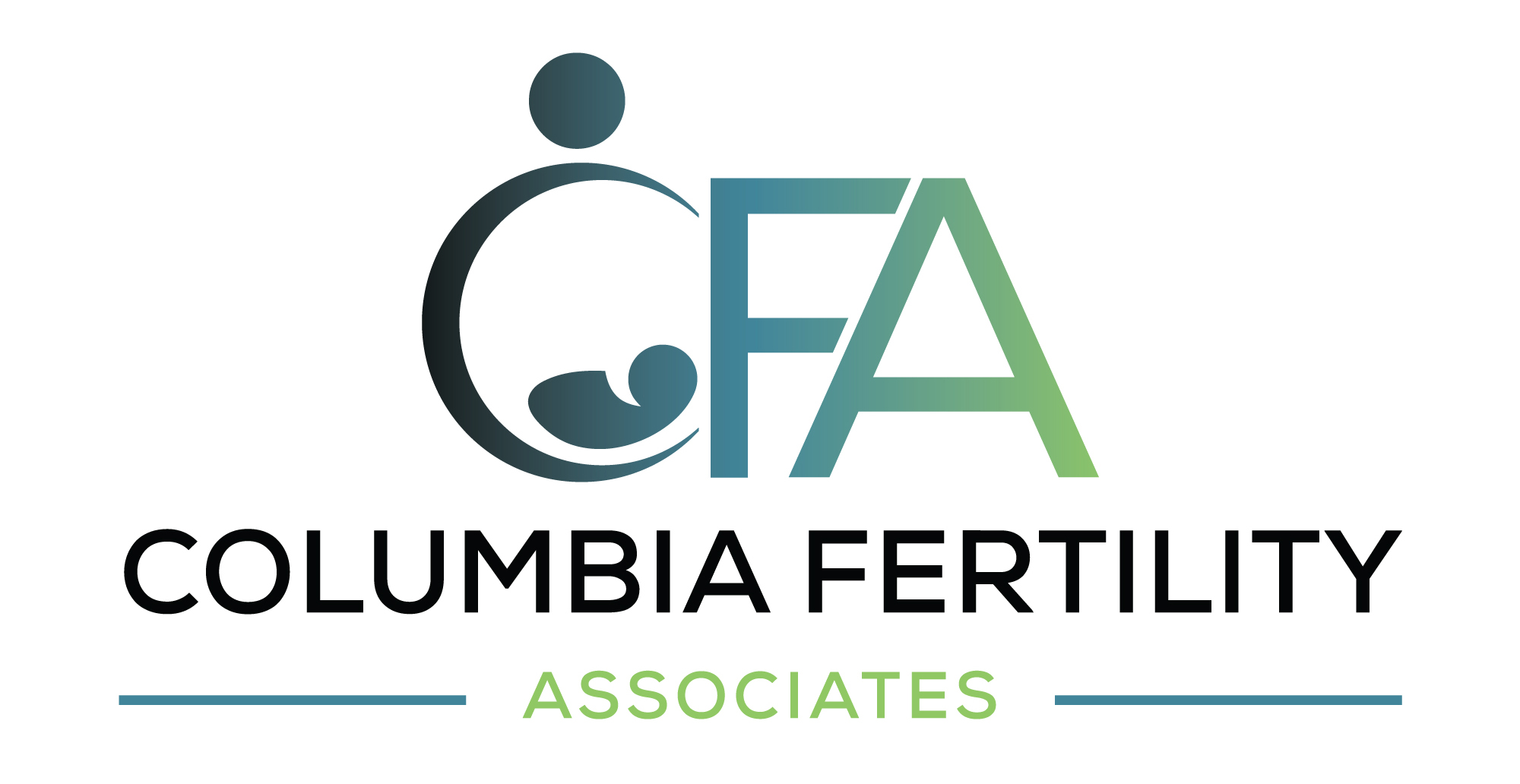Artificial insemination (AI) is one of the oldest of artificial reproductive technologies (ART) in existence. The first child ever conceived through AI was born way back in the 1700s.
Of course, ART has come a long way since then. Advances in technology have increased the odds of conceiving and bearing a baby through AI.
At Columbia Fertility Associates, our fertility specialists may recommend AI for both single women and women with partners.
You may benefit from AI if:
You need to use donor sperm
Your partner has problems with his sperm
You’re a same-sex couple
You have endometriosis
You’re allergic to semen
Your cervical mucus is too thick
You have ovulation problems or other fertility issues
An AI procedure is simple and performed in the comfort and safety of our clinics in Washington, DC; Bethesda, Maryland; and Arlington, Virginia. If you’re considering AI, however, you should be aware of potential side effects, even though they tend to be mild and rare.
Procedure-related side effects
At its essence, AI is a simple procedure. Either your partner’s sperm or donor sperm is washed and concentrated. Your doctor then inserts the sperm directly into your uterus through a catheter after your ovaries have released an egg or eggs.
To prepare for the procedure, you must monitor your own fertility to make sure you’ve ovulated when the sperm is placed. You use an at-home ovulation kit that detects surges of luteinizing hormone (LH), which takes place when you release a mature egg.
If you think you’ve ovulated, you come to the office for a transvaginal ultrasound to verify that at least one egg is ready. The AI procedure itself only takes about 15-20 minutes.
After being prepped, you lie face up on the exam table and place your feet in the stirrups. We open your cervix with a speculum and then insert a catheter attached to a vial of prepared sperm into your vagina, through your cervix, and into your uterus. Then we push the sperm through the catheter and into your uterus.
Just as you might sometimes feel a pinch or even some cramping after a Pap smear, you may feel similar sensations after AI. It’s possible to have some light spotting for the next day or two.
A more serious side effect is an infection or inflammation due to the procedure. However, these occur only rarely.
Hormone-related side effects
To increase the chances of producing mature and viable eggs in time for your AI procedure, we may administer an injection of human chorionic gonadotropin (hCG) or other ovulation-stimulating medications.
Fertility drugs may lead to side effects such as:
Bloating and cramping
Breast tenderness
Rash
Headache
Mood swings
Ovarian hyperstimulation syndrome (enlarged ovaries)
Ectopic (tubal) pregnancy
Ovarian twisting
Another potential side effect of fertility drugs is that you may end up producing more than one egg during a single cycle. Because the sperm is place directly into your uterus, where it’s most likely to encounter the eggs, you have a higher than normal possibility of having a multiples, such as twins or triplets, rather than a single baby.
The best “side effect” of all
Of course, the ultimate goal of AI is to give you your heart’s desire: a beautiful, healthy baby. Success rates per cycle with AI range from 5-15%. Although more advanced types of ART have higher success rates, AI is a relatively inexpensive and easy way to achieve a healthy pregnancy and might be the best choice for you.
Take another step toward your dream of a family by contacting our office nearest you to find out if AI is right for you.








